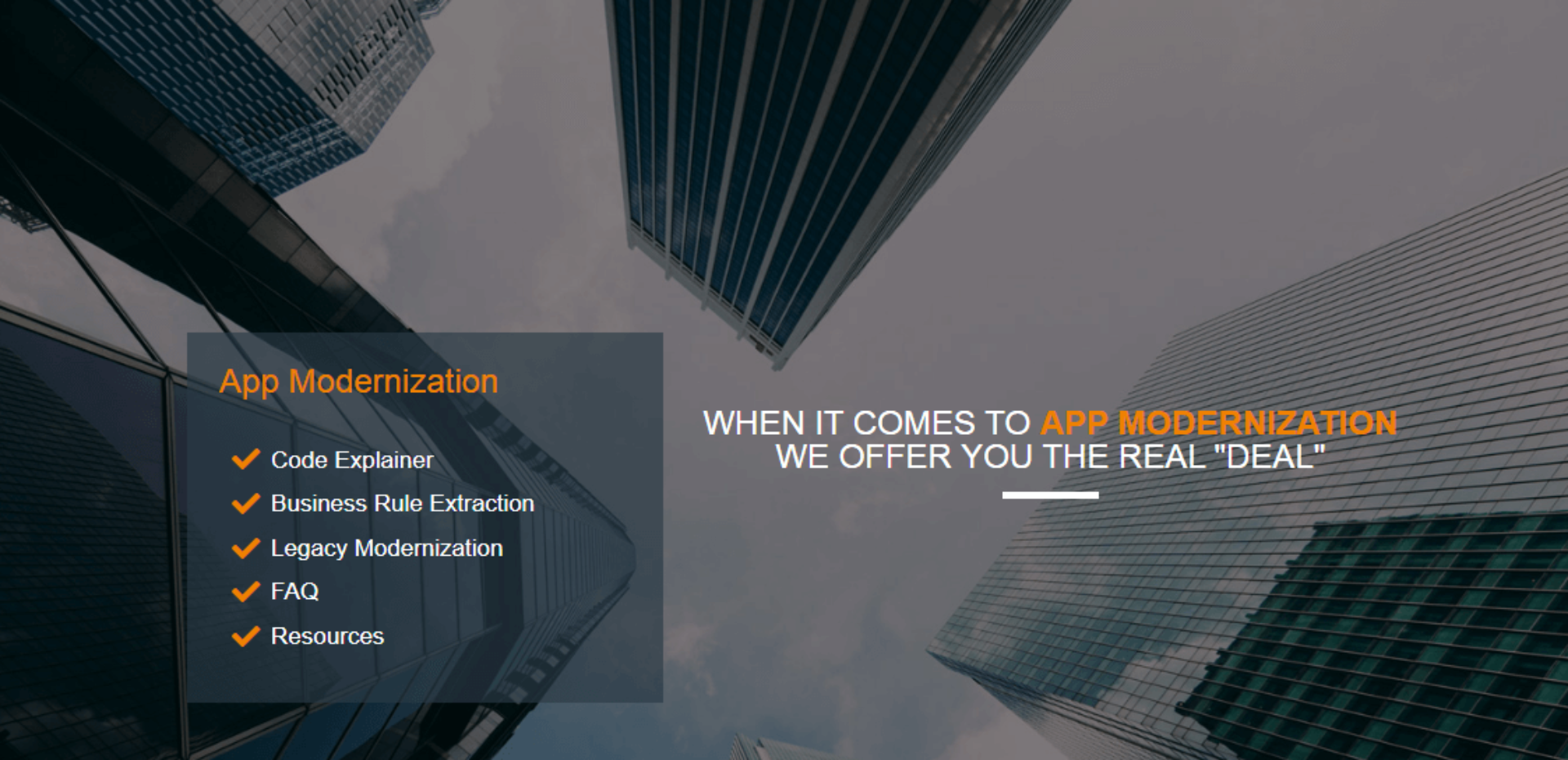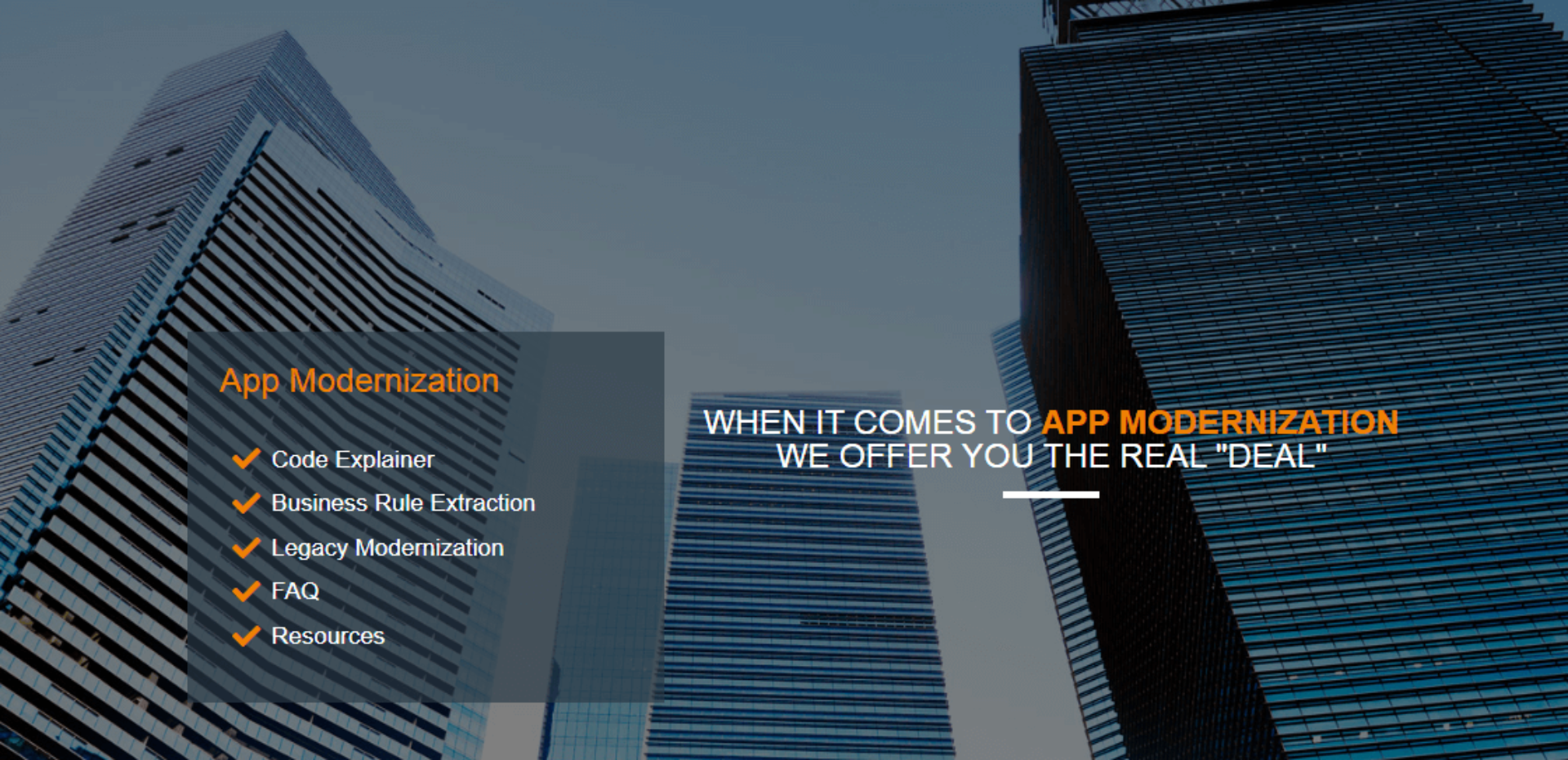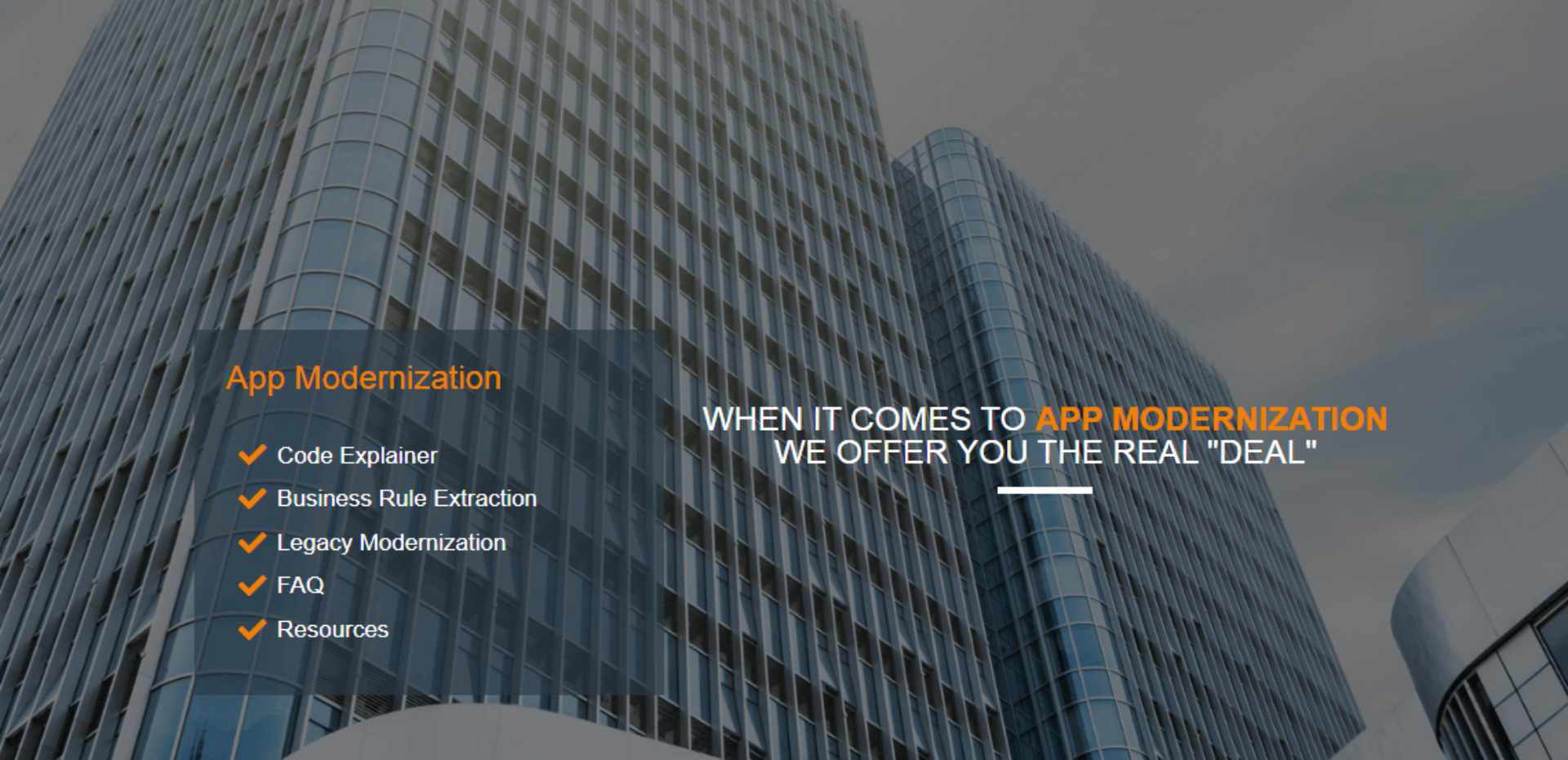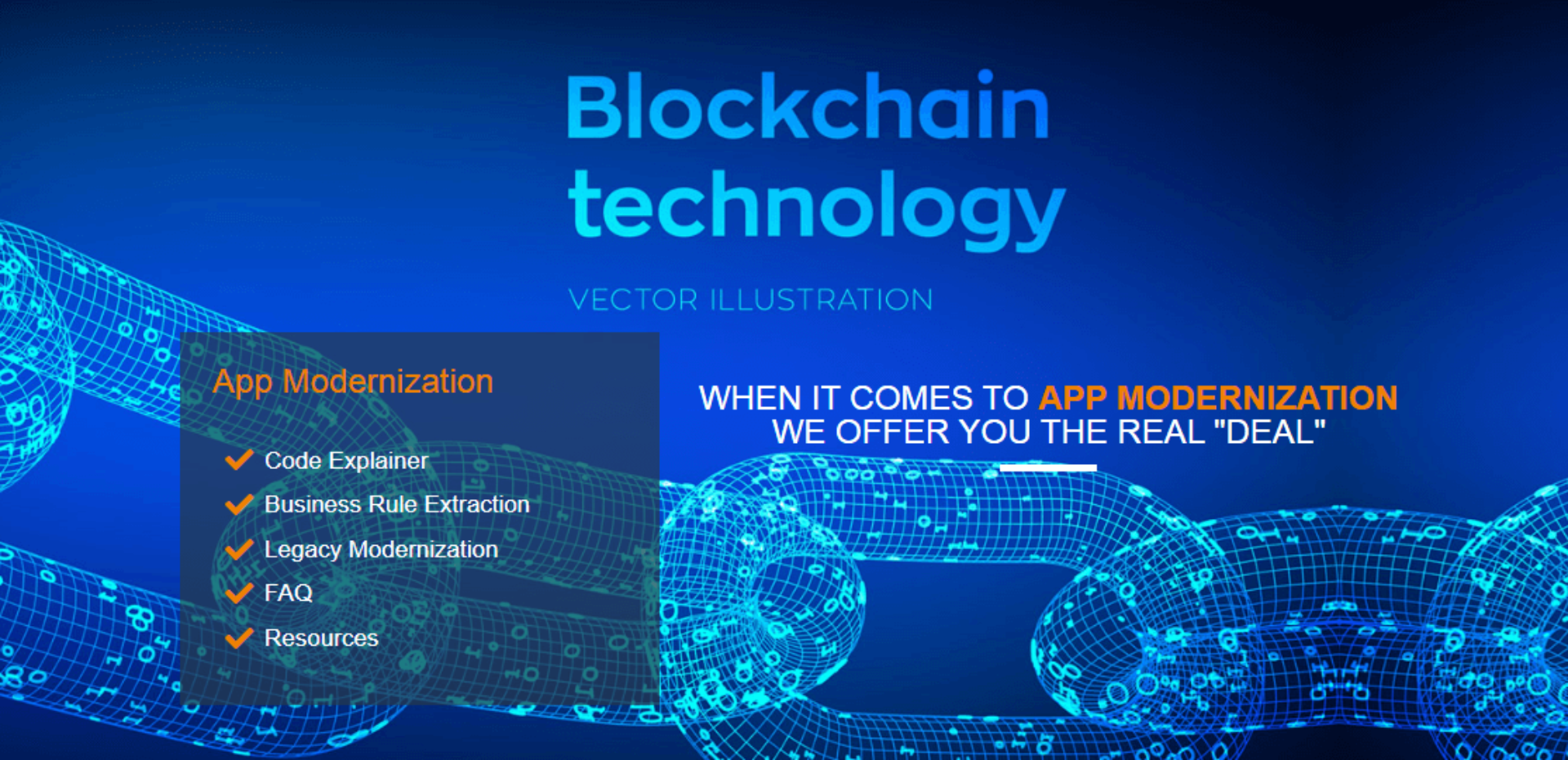
Gain a Deeper Understanding of Your Code
Our Code Explainer eliminates the guesswork and streamlines the understanding, maintenance, and translation of legacy applications. This analysis produces a rich set of reports and diagrams – providing a detailed understanding of any application.
Use Cases for Updraft Code Explainer
Rearchitect the system
A system architect must plan the migration from a technical perspective. This requires building a broad understanding of the legacy system. Information provided by the Code Explainer includes what code is executed based on certain input values, overall program and data flow of the application, data lineage, and resource dependencies.
Manually rewrite applications
When rewriting an application to a new language, the coders are often not experts in the original legacy language. These coders need more information about the data types, global and local data usage, program control flow, what specific code does, non-obvious side effects, and more. COBOL especially has some features that aren't intuitive to a Java programmer - such as the data model and declarations, redefinitions, global data, and drop-through logic. Information provided by the Code Explainer greatly reduces the risk of an incorrect rewrite.
Maintain applications
A coder tasked with maintaining a legacy application may often not be familiar with the application. These coders must have essential information about the program: control flow, what specific code does, where features are implemented, data lineage, DB and file access, and more. Information provided by the Code Explainer simplifies the process of making changes to the code.
Code Explainer
A global IT services company turned to Updraft to better understand a Java insurance application that had been translated from COBOL and proved to be unmaintainable. The Code Explainer created a design document that allowed the legacy system to be re-engineered for future enhancements.
Get Started Today
See why our automated legacy software modernization technology succeeds where others fail. Request a personalized assessment of your current systems and take your first step toward digital transformation today.




